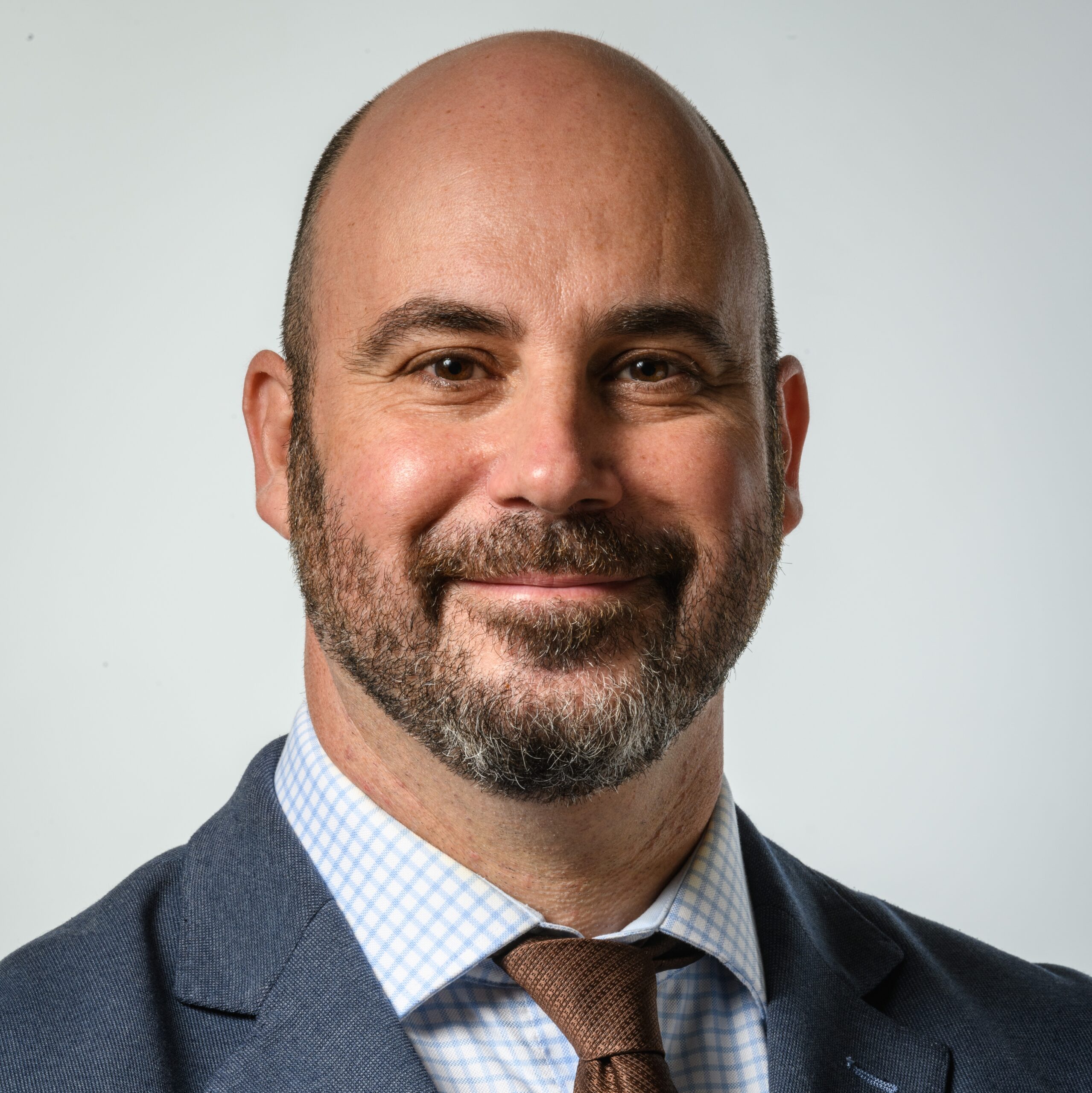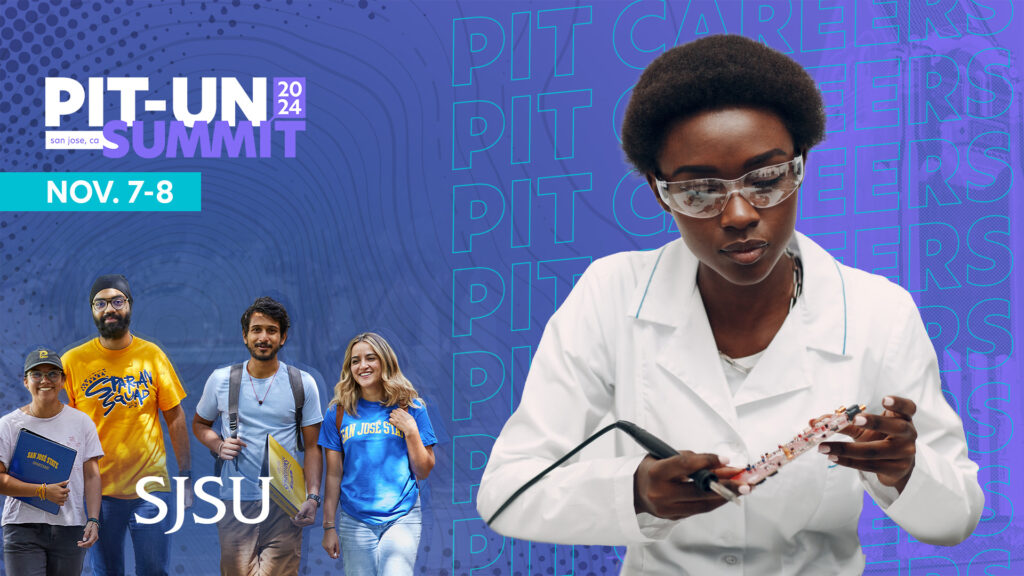2024 PIT-UN Summit with San José State
Defending Democracy
November, 2023

Sela Gaglia manages Corporate and Foundation Relations for San José State University where she derives great satisfaction from creatively partnering with funders for a more equitable and just world. Her equity work with teens has been featured in multiple docuseries and national news outlets. In her free time, she can usually be found cheering for her son at a baseball game.

Michael Meth is the Dean of the San José State University Dr. Martin Luther King, Jr Library and interim Dean of the College of Professional and Global Education. He has published books, chapters, articles and frequently presents on topics related to libraries including blockchain, neurodiversity, and leadership. Notable are his books “Blockchain in Libraries” (2019), and “Case Studies in Academic Library Management” (2017, co-edited).
What is Public Interest Technology?
5 Keys to Institutionalizing PIT
What is PIT-UN?
In 2024, the PIT-UN Convening will become the PIT-UN Summit, expanding our annual event to include stakeholders from all corners of the diverse public interest technology ecosystem.
Michael Meth and Sela Gaglia from 2024 host San José State University offer a first look at their plans for the next evolution of PIT-UN’s annual marquee event.
Q: Discussions during the 2023 PIT-UN Convening that recently took place in Boston highlighted various strategies for partnering for impact across the Network and with the public and private sectors. How will you build on the learnings from the event?
Being in the room at Boston University with colleagues from academia, government, civil society organizations, and funders provided a variety of perspectives that we will leverage in planning the schedule for the 2024 PIT-UN Summit on Nov. 7–8 in San José. There is no shortage of subject matter to explore; however, we want to keep our eyes on the meta conversations that need to take place for creating a successful summit: How do we organize the conversations? How do we include those who are traditionally excluded but affected by the outcomes of these conversations? How do we go from discussion to action? Who are our partners, and how do we bridge the different motivations, timelines, and expectations?
By working on answers to these questions, we will be able to create a powerful ecosystem of thinkers, doers, regulators, and funders to work toward a better future together. Look for the 2024 PIT-UN Summit to be an engaging continuation of the 2023 convening.

Q: How do you plan on involving PIT-UN members in program planning for 2024 PIT-UN Summit?
We expect to engage the PIT-UN community as we plan the 2024 summit. Members should be on the lookout for communications from us in Q1 2024 that will engage them in shaping the next summit. The more perspectives we can gather, the stronger and more relevant the meeting in San José will be. To that end, we’re open to feedback and comments even now.
Q: The 2023 PIT-UN Convening had a robust student track. What can we expect at the summit?
The 2024 summit will feature a student track that will run at times parallel with the professional academic track, and at times will converge. We believe that the student voices are instrumental in helping us understand and shape the conversations.
Students from diverse backgrounds and disciplines will get to learn from and network with peers and leaders in the field. Participants will work on multi-disciplinary teams to design, prototype, and pitch their solutions. The student track will showcase the innovative projects and ideas that students are working on to address various challenges in their communities and beyond. We’re highly invested in creating a robust student track for a few reasons:
- It fosters a culture of civic engagement and social responsibility among the next generation of technologists.
- It provides a platform for students to share their perspectives and insights with a wider audience, and to receive feedback and mentorship from experienced professionals.
- It creates a space for collaboration and cross-pollination among students and other stakeholders, leading to new partnerships and synergies.
The student track is intended to enrich the dialogue, diversity, and impact of the summit.
